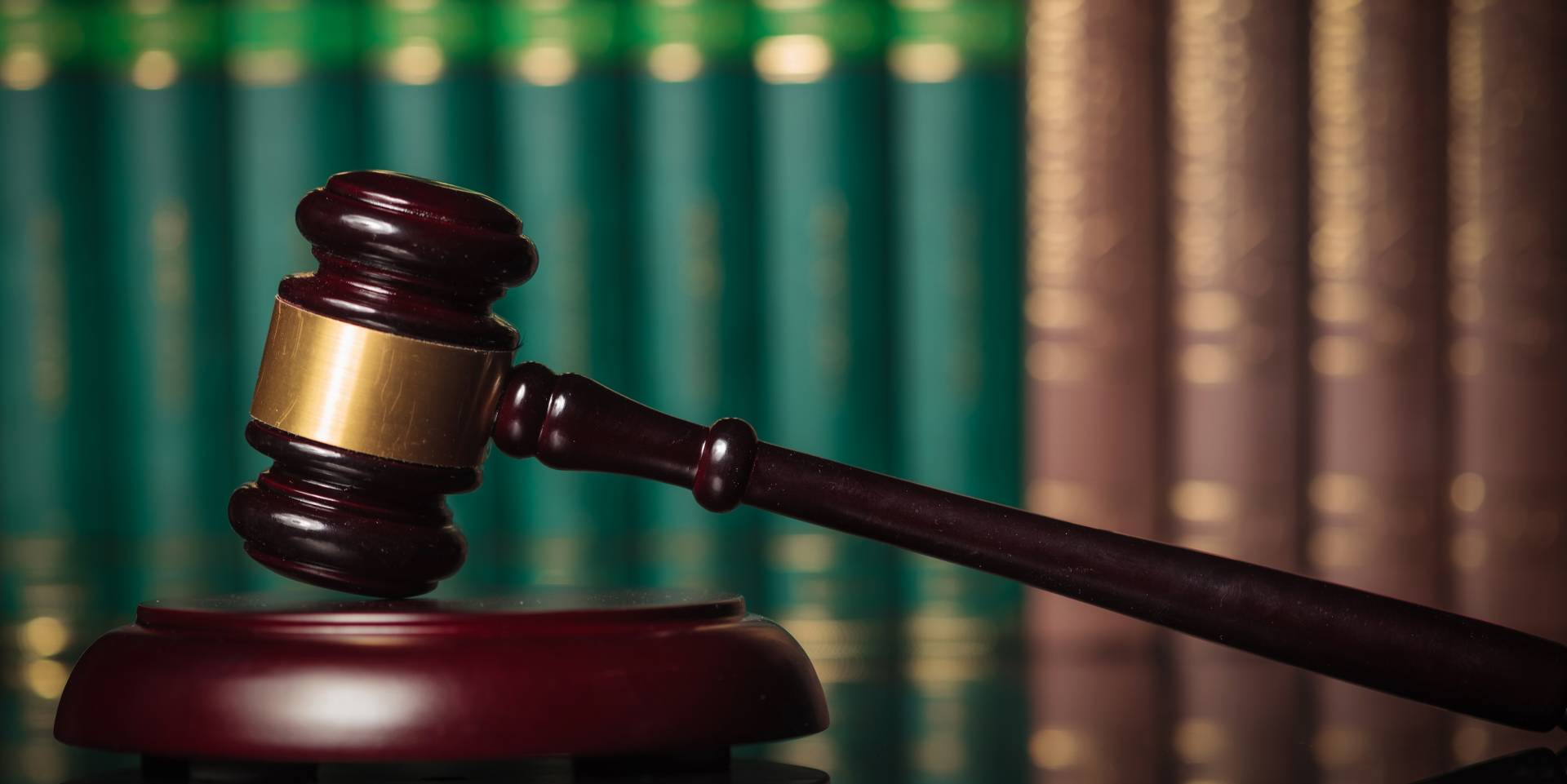Fighting For You From Day One
If you are being charged with assault, whether it’s a misdemeanor or a felony, you are likely experiencing a multitude of confusing feelings. Assault charges of any kind are a terrifying prospect. Facing these charges with an inexperienced lawyer or overworked public defender as your only shield against a system designed to trip you up makes it more overwhelming.
Assault convictions in Colorado carry devastating consequences that impact not only your own life but the lives of all your loved ones. You need the guidance and skill of a formidable criminal defense team.
You need Daniel M Murphy, P.C. Call us today at 303-996-8998 to schedule a consultation. Your future is worth fighting for.
What Should I Do if I Am Charged With Assault in the Greater Denver Area?
The most important thing to do when you are charged with assault in Denver, whether a felony or misdemeanor, is to get legal help immediately. Most people caught up in the criminal offense system have little or no fundamental understanding of the law or how it works, even less of the criminal justice system. It can be very overwhelming and feel very bleak and hopeless. It is manufactured to make you feel that way. “Abandon all hope, ye who enter here” could be the motto. Very few cases are as black and white or open and shut as they seem.
There are frequently more options available to defendants than they realize, and a qualified criminal defense attorney can help find them. Do not give into despair. Be proactive. You should take action fast.
What Are the Degrees of Assault in Colorado Law?
The classification of assault charges in Colorado law changes depending on the intent. First-degree assault can be either a Class-3 or a Class-5 felony. It is defined as having the objective to cause severe bodily injury to another using a deadly weapon or intending to cause severe physical injury or disfigurement using such a weapon. It can also be charged for threatening a judge, an officer of the court, a law enforcement agent, or a firefighter acting in their official duties with a firearm, with the desire to cause significant physical harm.
A Class-3 felony charge of First-Degree aggression carries harsh penalties, including a minimum of 10 years in lockup and a maximum sentence of 32 years.
The second-degree charge may be considered anything between a class 3 or class 6 felony. You have committed second-degree assault when you have caused injury using a deadly weapon to any individual whom you know or is a peace officer or firefighter performing a lawful duty. It is also possible to be charged with second-degree assault for deliberately causing physical or mental detriment by giving, without consent, a drug or substance capable of causing physical or psychological impairment.
Second-degree aggression is considered a crime, and the penalties can be stringent. A class-4 felony charge of Second-degree aggression may result in a prison sentence of between five and 16 years.
The least severe aggression charge is Third-degree Assault. It is the most commonly charged. Third -degree Assault occurs if you knowingly or recklessly cause bodily injury to another person. Even if you had no intent to harm the person, and the reckless behavior causes minor pain, it can be considered Third-degree aggression Third- degree Assault is a class-1 misdemeanor, and if you are convicted, you may face up to two years imprisonment because it is considered an extraordinary-risk crime.
What Are Ways Aggression Charges Can Be Defended?
One of the most common defenses in aggression cases is self-defense or defense of others. Your legal team may be able to argue that your aggression was caused by the need to protect yourself or others from harm. Depending upon the facts of your case, your counsel may be able to argue that you did not have the intent required to meet the definition of the felony charges filed.
Many people facing criminal charges mistakenly believe that the cost of hiring a criminal defense attorney is prohibitive and not worth it when they can easily defend themselves. Building a robust defense against criminal charges takes a savvy team of legal professionals. A strong criminal defense lawyer can:
- Find and interview witnesses.
- Investigate witnesses and their statements.
- Scrutinize police actions and behavior.
- Develop strategies suited to your case.
- Custom tailor a legal resolution.
- Assess plea offers and potential trial outcomes.
- Serve as a buffer between you and the prosecution team.
- Guide you seamlessly through every step of the process.
When Should I Call A Criminal Defense Attorney?
Facing assault charges, whether felony or misdemeanor, is a frightening prospect. The consequences of an aggression conviction can be life-changing. A conviction will affect your finances, the well-being of your family, and those who love and care for you.
The best way to mitigate the damage is to employ the services of a skilled and knowledgeable assault attorney on your side from day one. Daniel M Murphy, P.C., we believe in providing all our clients with a robust legal defense. We build personal relationships with our clients and provide constant compassionate support throughout the legal process.
Your future is worth fighting for. Everyone makes mistakes, and everyone deserves a chance to make it right. Be proactive; take the first step.
Call Daniel M Murphy, P.C. for a detailed case evaluation at 303-996-8998





